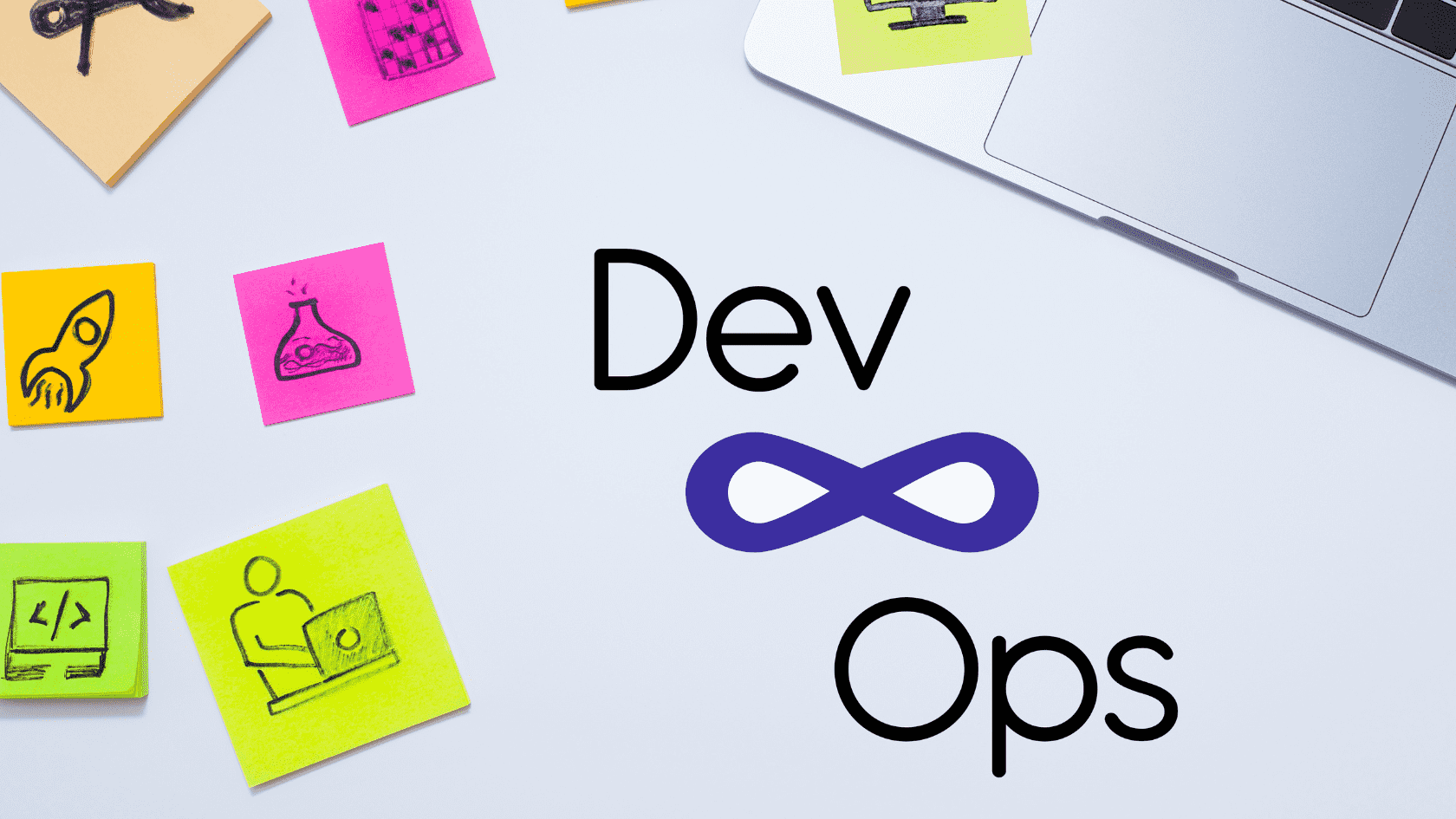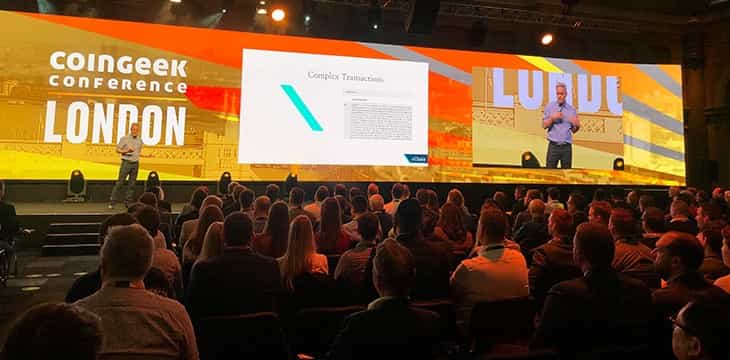"Great documentation is a magnet attracting developers to your platform. Make it a cornerstone."
Developers are a unique audience that requires a specialized marketing approach. As developers become increasingly influential in technology purchasing decisions, effectively reaching this audience is more important than ever.
After nearly a decade of building developer platforms and communities, I've identified strategies that consistently engage developers and drive adoption of developer products. In this post, I'll share 10 proven tactics for marketing to developers like a pro.


1. Speak Their Language
Developers have their own distinct language and jargon. To establish credibility and rapport, it's essential to communicate using terminology developers understand.
For example, don't say "build an application". Say "engineer a scalable distributed system". Don't say "upgrade". Say "refactor".
Study the language used in developer documentation, forums, job postings and open source projects. Integrate this vocabulary into your messaging and content. This shows you understand and respect the nuances of developer culture.

2. Solve Their Problems
Developers are inherently pragmatic. They care about building things efficiently and solving real problems. To appeal to them, position your product or platform as the solution to their pain points.
Understand the challenges developers face day to day. What slows them down? What risks do they want to mitigate? Then clearly demonstrate how your offering directly addresses those needs.
For example, if security is a concern, emphasize how your tool improves security. If developers complain about wasted time debugging, highlight your time-saving capabilities.

3. Appeal to Their Desires
In addition to practical needs, developers have psychological desires that motivate them. Satisfying these provides extra incentive to adopt your product.
What do developers aspire to? Typical desires include:
- Mastery - attaining expertise and continuous improvement
- Pride - feeling satisfied and recognized for quality work
- Autonomy - freedom to work independently and creatively
- Purpose - contributing value and helping others
Connect your product to these ambitions. Show how it can help developers achieve mastery, take pride in their work, exercise creative freedom and make a difference.

4. Go Where They Go
Reach developers by engaging them in the channels where they already spend time. Here are some of the most effective channels:
- GitHub - sponsor documentation, issues, discussions and events
- Developer forums - actively participate in relevant forums and subgroups
- Conferences - sponsor and speak at leading developer conferences
- Newsletters - sponsor and contribute to popular newsletters
- Podcasts - sponsor and appear as a guest on podcasts
- Streaming - engage influential programmers on Twitch and YouTube
- Meetups - sponsor and participate in local developer meetups
Rather than trying to get developers to come to you, go to the platforms they're already using. Immerse your brand in the developer community.

5. Appeal to Their Egos
Developers take pride in their skills and knowledge. Flattering that pride makes them more receptive to your message.
For example, address them as experts and authorities. Ask for their insights on industry challenges. Invite them to show off their sophisticated skills.
Appeal to competitive instincts with contests, benchmarks and challenges. Let them show up their peers.
Satisfy egos with prestige indicators like "elite" tiers and special access.
Treat top developers like VIPs and nourish their status. Aim to be a aspirational brand that elite developers are excited to engage with.

6. Inspire With Vision
Developers get energized by big ideas and ambitious visions. They want to be part of something greater than themselves.
Paint a grand vision of how you're transforming the industry or empowering innovation. Show how they could advance their career by getting involved now.
Cast yourself as a leader in a major industry shift, such as blockchain, AI or the metaverse. Developers want to work on cutting-edge technology.
A bold vision provides meaning that inspires them. It also establishes your brand as forward-thinking.

7. Wow Them with Great Docs
Well-written, well-organized documentation is marketing nirvana for developers. Great docs both attract developers and make them successful users of your product.
Make documentation a cornerstone of your marketing:
- Onboard with tutorials - intuitive, step-by-step walkthroughs
- Scale knowledge with guides - comprehensive manuals and references
- Keep them current - update for new releases and feedback
- Promote discovery - highlight the most useful content
Developers will judge your product quality by your documentation quality. Set expectations high with fantastic technical content.

8. Offer Strong Community Support
Developers rely on community discussion to evaluate technologies and solve problems. Facilitate community building with:
- Forums - vibrant forums demonstrate adoption and provide support
- Events - meetups, hackathons and conferences build relationships
- Social channels - engage developers on Twitter, Discord and elsewhere
- Community leads - cultivate evangelists who spread awareness
- Feedback channels - submit tickets, propose improvements, report issues
An active community provides free marketing from enthusiastic users. It also keeps developers engaged long-term.

9. Woo Influencers
In the developer ecosystem, a few key influencers hold sway over many others. These prominent technologists include:
- Open source creators
- Experts on forums and Q&A sites
- Conference speakers and workshop leaders
- Popular bloggers and YouTubers
- Podcast hosts and guests
- Prolific GitHub contributors
Getting these influencers to endorse or use your product provides credibility with the wider community.
Offer free access, exclusive briefings, early previews, and other VIP perks. Craft sponsorships and affiliate deals. Make it beneficial for influencers to feature your solution.

10. Optimized for Conversions
Finally, optimize your developer marketing for clear conversion goals:
- Product signups - smooth, fast signup flows
- Product trials - generous free tiers and trials
- Paid upgrades - clear pricing and upgrade prompts
- Engagement - guides for activation and retention
- Referrals - incentives to refer others
Developer marketing should ultimately drive product adoption. Set conversion-driven KPIs and continually refine based on performance data. Measure everything and optimize ruthlessly.
Experiment with messaging, offers and channels until you find what works. Then double down on the highest converting tactics.
Conclusion
Developers are a lucrative yet challenging audience. With intense competition for their mindshare and attention, ineffective marketing won't cut it. You need proven strategies tailored specifically to developers.
By speaking their language, solving their problems, engaging them on their turf and optimizing for conversions, you can build a high-performing marketing program.
Master these tactics, and you'll attract, activate and retain more developers. Done right, developer marketing creates cascading network effects that fuel exponential growth.
Now it's time to execute. Use these tips to craft a compelling campaign that resonates with developers and dominates your niche. The opportunities in the developer market are endless – go capture them!
FAQ
1. What marketing channels work best for developer products?
The most effective channels for reaching developers include:
- Developer communities - Active engagement in Stack Overflow, forum subgroups, Reddit, HackerNews etc. This allows you to reach developers where they already spend time.
- Content marketing - Creating tutorials, docs, blogs, ebooks that attracts developers. Make sure content directly addresses their needs and pain points.
- Podcasts and streaming - Sponsoring and appearing as guests on popular dev podcasts or streams. Gets your message in front of engaged developer audiences.
- Conferences and meetups - Sponsoring and participating in leading conferences like OSCON, DockerCon etc. Great for in-person relationship building.
- Influencers - Getting endorsements from respected technologists with sway over the community. May require providing special access, perks, compensation.
- Organic social - Leveraging Twitter, YouTube, LinkedIn etc. to share relevant content and engage the community. Allows more authentic relationship building.
2. How do you identify developer influencers?
Identifying relevant influencers takes research:
- Review authors of popular libraries/repos on GitHub
- Look at speaker rosters for major conferences
- See who has many followers/engagement on Twitter and YouTube
- Check contributors on forums like Stack Overflow and Reddit
- Look for authors of highly shared posts on sites like Hacker Noon
- Ask engaged developers who they follow and respect
Influencers stand out as prolific content creators. They appear on podcasts and at events. Their posts and opinions carry weight across multiple channels.
3. What content best resonates with developers?
Developers respond best to content that is:
- Technical - Detailed docs, tutorials, API guides, code samples etc. Shows your expertise.
- Educational - Explainers of key concepts, how things work under the hood. Satisfies intellectual curiosity.
- Problem/solution focused - Content highlighting common pain points and how your product solves them.
- Objective reviews - Unbiased benchmarking or comparisons showing quantitative advantage.
- Visionary - Trend reports, future analyses. Inspires them to innovate and make an impact.
Content should respect their intelligence and expertise. Avoid fluffy, promotional content.
4. How do you optimize signup and onboarding flows for developers?
Ensure an optimized signup process:
- Offer formatted code snippet installations for easy setup
- Allow logging in with GitHub for frictionless onboarding
- Make it easy to start a free trial without excessive info requirements
- Provide immediate value in the first session with useful core features
- Use interactive tutorials and step-by-step walkthroughs to engage users
- Set up feedback channels for suggestions to improve the onboarding experience
5. What pricing models work for developer products?
Pricing models that work well include:
- Free tiers - Offer generous functionality for free to allow testing before committing
- Usage based - Per API call, compute time etc. Aligns cost with value delivered.
- Tiered plans - Good, better, best options. Upgrade path as usage increases.
- Per seat - Price per developer seat. Enterprise plans for full team access.
- Open core - Open source core, paid pro version for additional capability
Consider discounts for startups, students, open source contributors etc. to build community.
6. How do you build a strong developer community?
To build a thriving community:
- Create vibrant forums and Q&A channels developers want to participate in
- Facilitate meetups, hackathons, and events to enable in-person gatherings
- Appoint developer evangelists who actively engage across community channels
- Highlight influencers, external contributors, and recognize their work
- Share useful content like tutorials and docs to the community
- Solicit and implement feedback from the community
- Offer early access and exclusive opportunities to top community members
7. What tactics create competitive differentiation?
Tactics for differentiation include:
- Evangelists - Well-connected evangelists speaking about you at events
- Integrations - Broad integration ecosystem and partner network
- Elite support - Specialized team providing white-glove support
- Community size - One of the largest and most active forums
- Vision - Bold vision that excites developers about the future
- Innovation - Cutting-edge features competitors lack
- Performance - Quantifiably faster or more efficient
- Design - Intuitive, frictionless UX that delights
8. How do you track marketing program effectiveness?
Important metrics to track include:
- Keyword rankings, SEO traffic for content marketing
- UTMs via links to measure channel-specific conversions
- Sales qualified leads generated from events, content
- Email clickthrough rates, open rates
- Installations, activations from docs/tutorials
- Funnel conversion rates from initial signup to purchase
- Surveys to gauge brand awareness, favorability
- Online community health - engagement, growth
Continually optimize programs around high-performing channels and initiatives.
9. What mistakes should be avoided when marketing to developers?
Avoid these common mistakes:
- Using exaggerated claims or hype without evidence
- Focusing too much on business value vs. technical depth
- Relying too heavily on flashy advertising vs community engagement
- Not speaking the language or demonstrating deep category expertise
- Pushing promotional content rather than useful, practical information
- Appearing to lack authenticity or sincerity
- Not investing in high-quality documentation and content
- Failing to solicit input from the developer community
10. How can I continually improve my developer marketing skills?
Some tips:
- Immerse yourself in the ecosystem - read forums, use the tools, attend events.
- Talk to developers directly via interviews and casual conversations.
- Follow influencers and analyze their content/messaging for insights.
- Continually survey your community to solicit feedback.
- Learn from competitors executing innovative campaigns.
- A/B test content, offers, and messaging to see what resonates.
- Build relationships with influential evangelists and community leaders.
- Stay on top of developer tech trends and challenges.
The most effective marketers continually optimize based on data and community insights. They balance strategy with an agile, test-and-learn approach.







